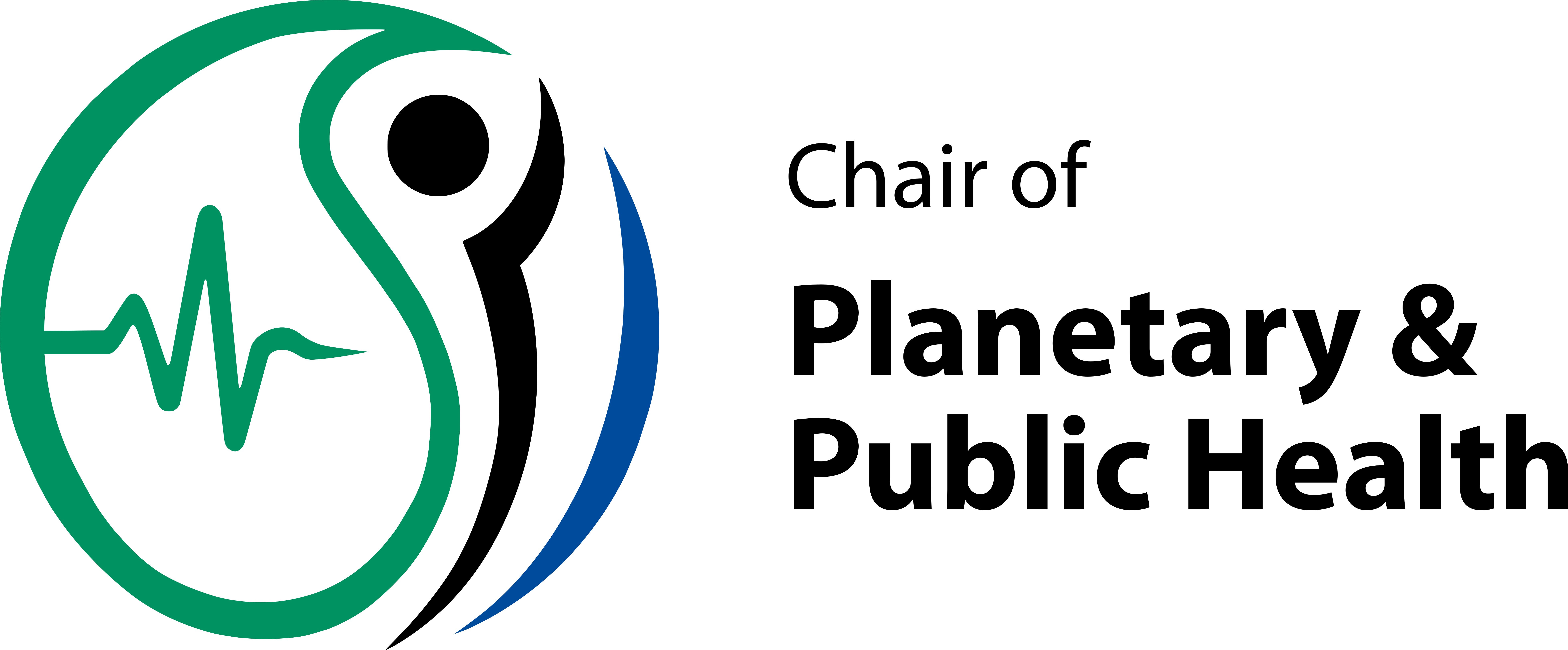Speakers
- Dorothea BaltruksHide
-
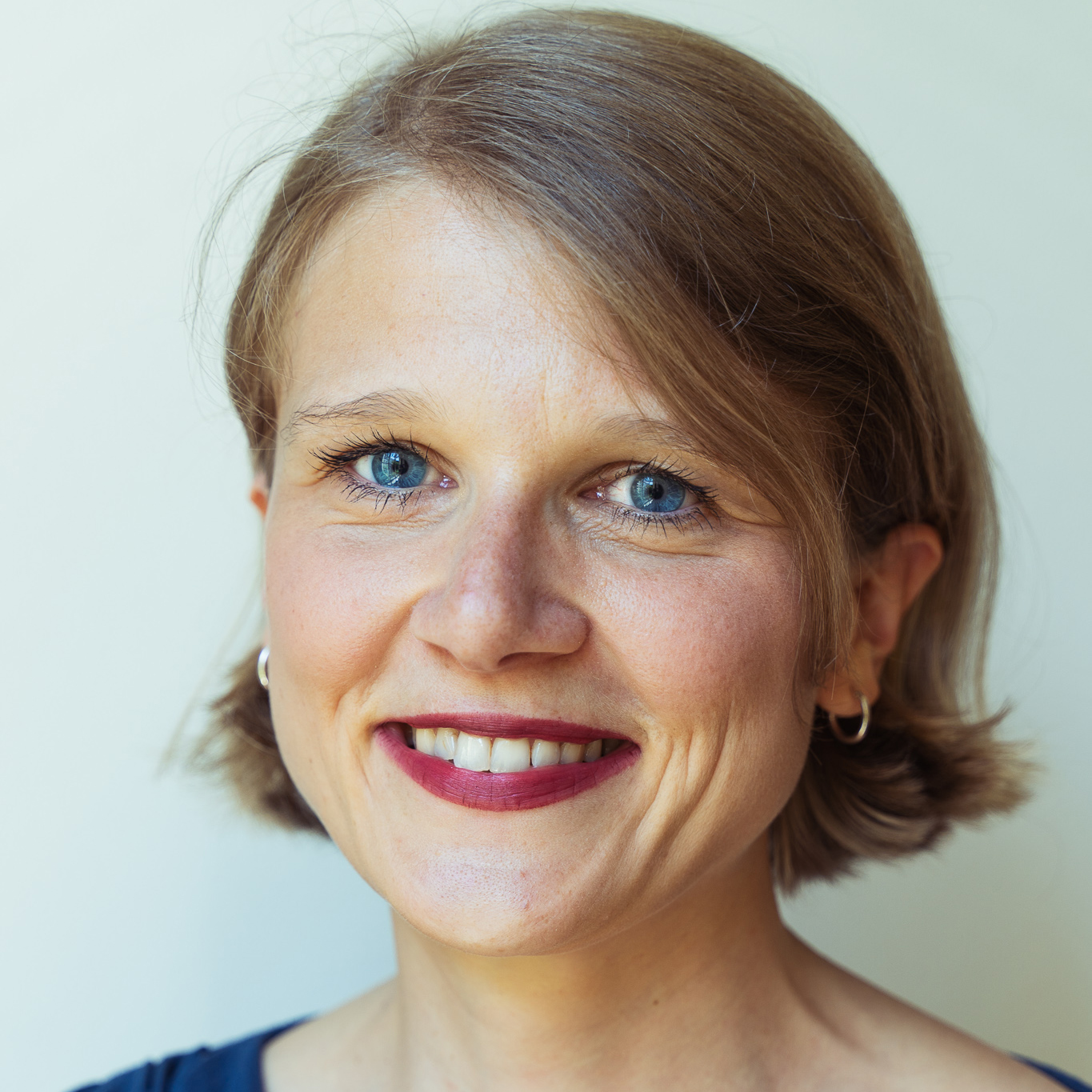
© Ben Mangelsdorf
Director, Centre for Planetary Health Policy
After completing her BA in International Politics at King’s College London and her MSc in Comparative and European Social Policy at the London School of Economics and Political Science, Dorothea worked for several years for private and non-profit organisations in the social and health policy fields at European and national level. During the Covid-19 pandemic, she worked for the health spokesperson of the Green Party in the Bavarian state parliament. When the Centre for Planetary Health Policy (CPHP) was established in 2022, she started as a research associate focusing on sustainability and climate resilience of the German health system as well as air pollution. In June 2024, she became the director of CPHP.
Vision & Challenges in Planetary Health: The Planetary Health approach is a vision of a world, in which the way we live, consume, organise our economies and states enables everyone to thrive within the planetary boundaries. Achieving this vision will require major changes in how natural resources and the integrity of ecosystems are valued by our economic systems and to what extent it can depend on growth. At the same time, strengthening public infrastructure and services and distributing wealth more equally, would improve the health and wellbeing as well as the stability of our democracies.
Contribution to the Planetary Health Summer School 2025: Keynote: Commercial determinants of health / lobby
Wednesday 24/09, 09:00-10:30
- Katharina van BronswijkHide
-
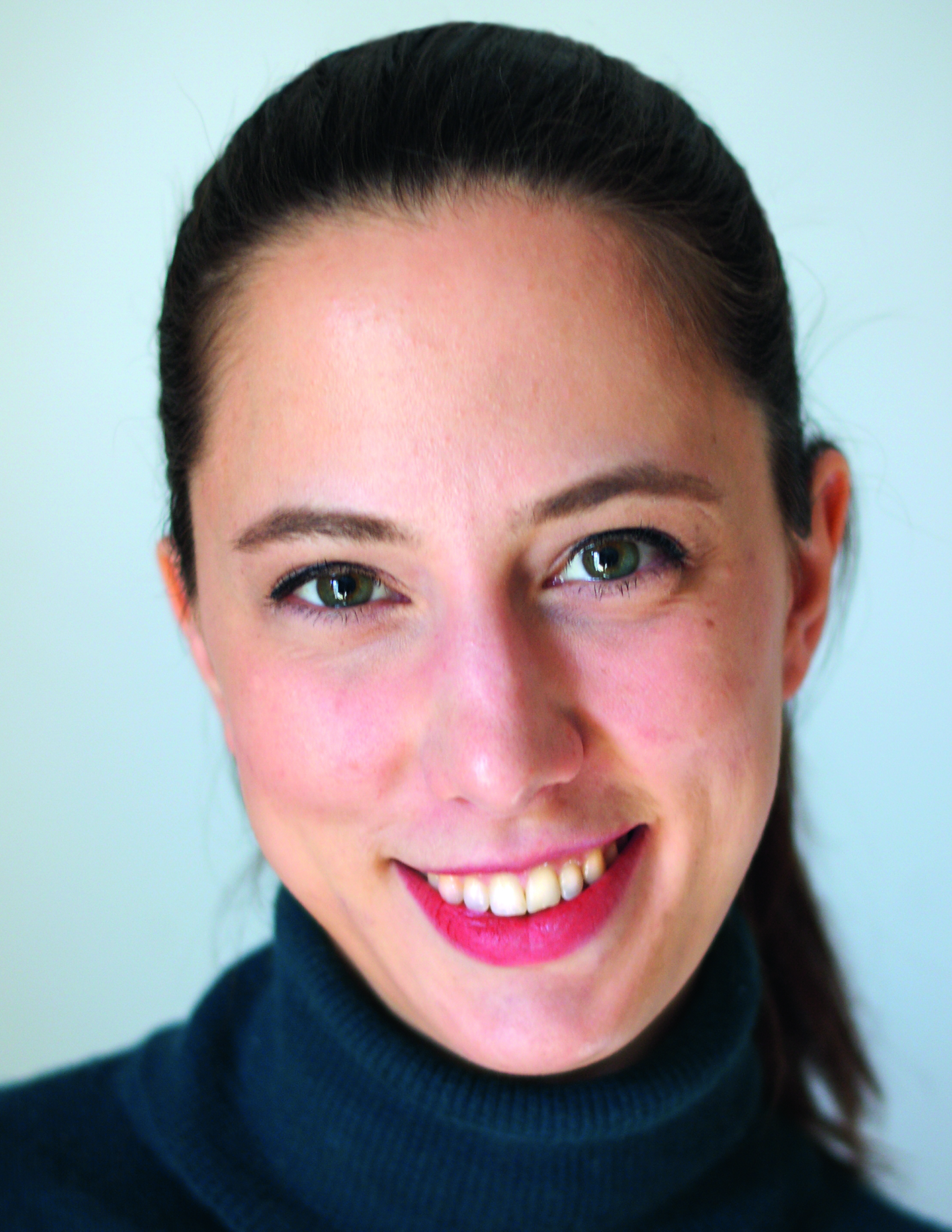
© Arnaud Boehmann
Psychological Psychotherapist, Speaker for Psychologists/Psychotherapists for Future
Being a speaker for Psychologists/Psychotherapists for Future, Katharina is familiar with the complex connections between environmental crises and mental health. She regularly gives lectures and interviews, and publishes books on the topic. Katharina has been active in environmental protection since 2009, working with Greenpeace among others, and leads her own practice in the Lüneburg Heath.
Vision & Challenges in Planetary Health: My vision is that, with the help of the Planetary Health concept, we gain a deeper understanding of what it means for humans to be part of ecosystems. As such, we can learn to better understand intersectional issues. Through this understanding, issues can become more manageable and can be solved using an intersectional approach - leading to win-win-win scenarios.
Contribution to the Planetary Health Summer School 2025: Keynote: Facts and perceptions of the planetary crises - a psychological perspective
Tuesday 23/09, 10:45-12:00
- Dr. Katja BühlmeyerHide
-
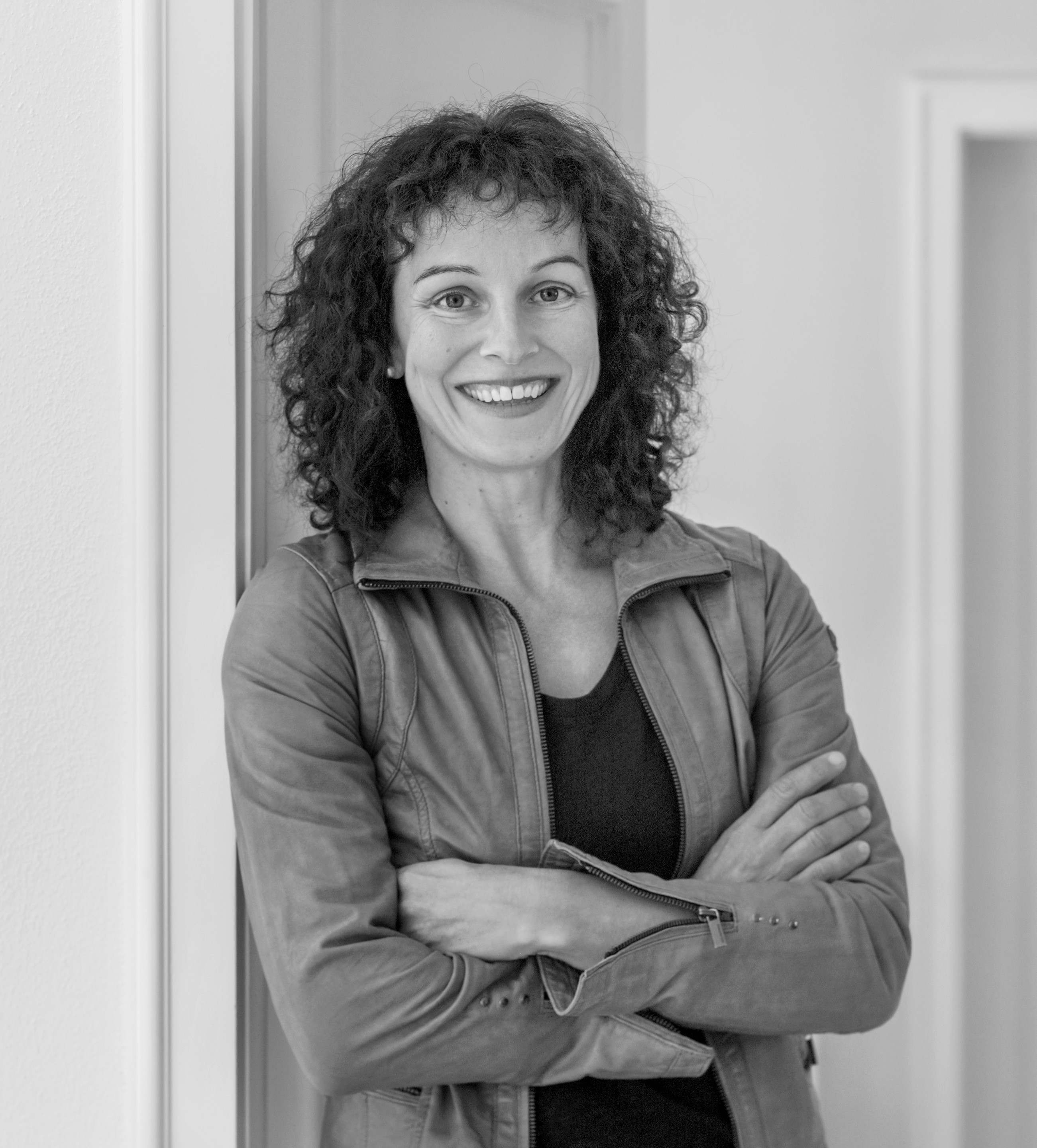
Sport Scientist (Diploma) & Bachelor of Biology
I am a health scientist, climber, human and for a long time interested in supporting people to gain or maintain a healthier lifestyle. Next to this project management is my key expertise for over 15 years now. I like to challenge myself and the team for a successful project. With my passion for helping people live healthier lives, paired with my experience leading teams and projects, I want to create real impact.
Vision & Challenges in Planetary Health: With my passion for helping people live healthier lives, may interest in planetary health, paired with my experience leading teams and projects, I want to create real impact.
Contribution to the Planetary Health Summer School 2025: Project Workshop
Monday 22/09, 15:30-17:00
- Anna GaulHide
-
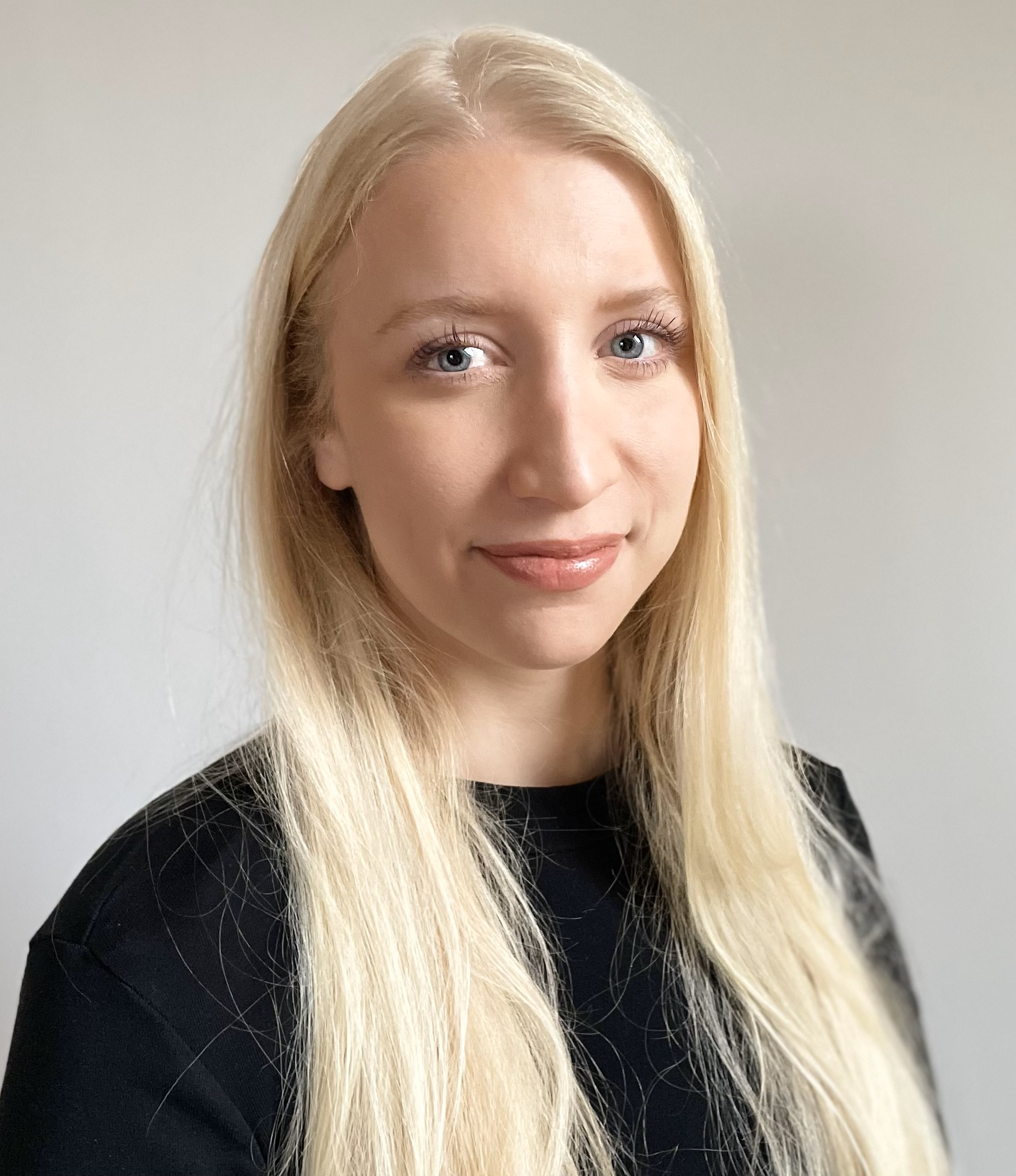
Anna Gaul holds a Bachelor's and Master's degree in communication science from the Ludwig-Maximilians-University Munich. Since November 2022, she has been a research assistant and PhD student at the Munich Science Communication Lab at the LMU. Her research focuses on science communication and journalism in the field of planetary health and constructive journalism in particular.
Visions & Challenges in Planetary Health: Communicating planetary health issues is challenging due to their complex interconnections, numerous interdependencies, and often conflicting stakeholder interests. Constructive elements such as solution orientation, future orientation, contextualization, and multi-perspectivity can help address these challenges.
Contribution to the Planetary Health Summer School 2025: Communication Workshop: Constructive Climate Workshop
Thursday 25/09, 09:00-10:30
- Prof. Dr. Petra JansenHide
-
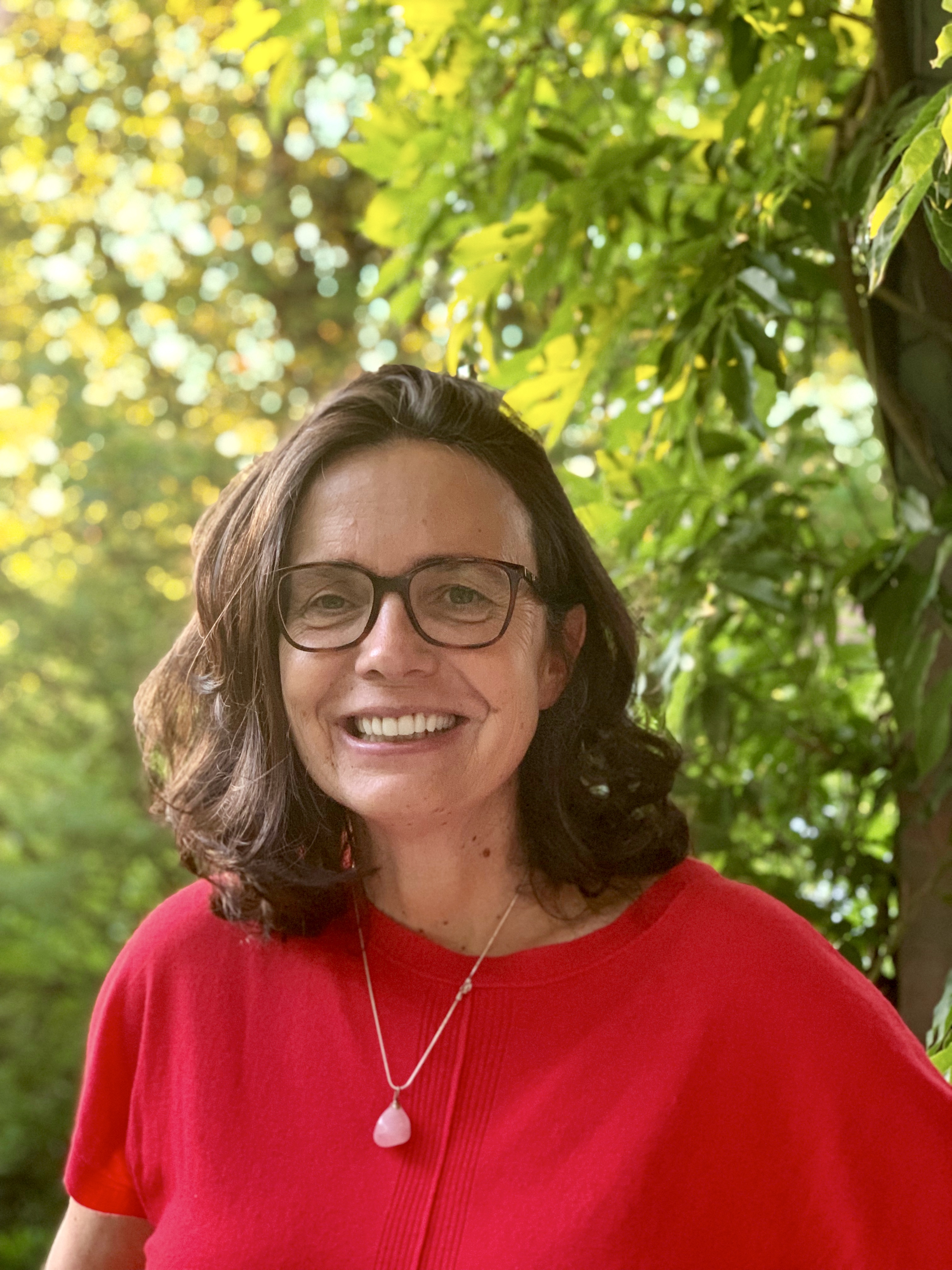
Faculty of Human Science, University of Regensburg
Prof. Dr. Petra Jansen has held the Chair of Sports Science at the University of Regensburg since 2008. She completed her doctorate and habilitation in cognitive psychology. Her research investigates the relationship between motor skills, cognition, and emotion. In recent years, she has worked extensively on the aspects of inner sustainability (e.g., mindfulness, self-compassion) and their relationship with sustainable behaviour.
Visions & Challenges in Planetary Health: Her vision in planetary health research is to understand how people can be persuaded to behave more sustainably. One way of doing this can be to strengthen inner transformative qualities. However, it is unclear whether this approach is promising.
Contribution to the Planetary Health Summer School 2025: Keynote: Do we need an inner transformation for sustainable behaviour?
Thursday 25/09, 13:00-14:30
- Romina LörzingHide
-
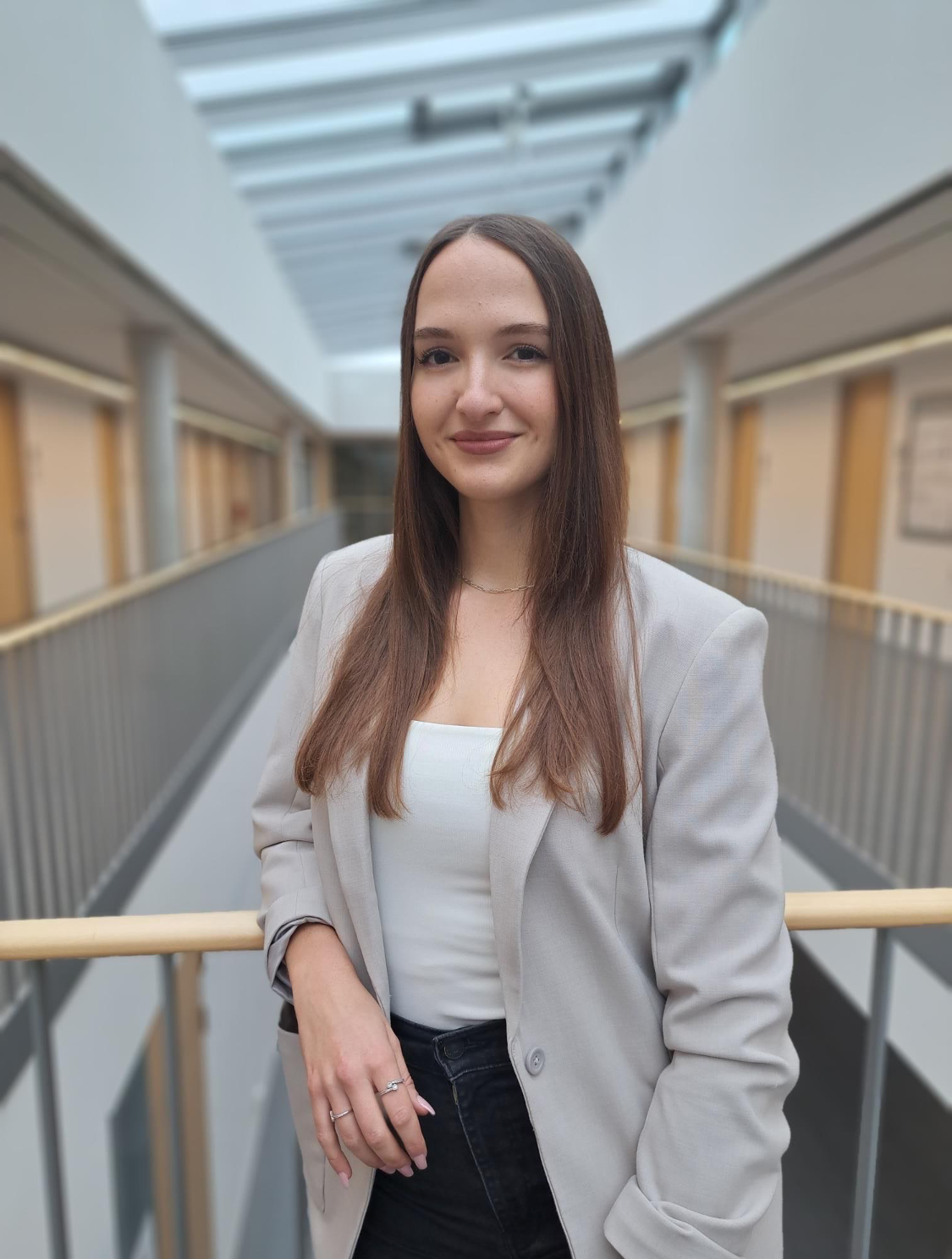
Since 2020, I’ve been working as a research associate at the IMG, where I’m involved in various research projects, mainly in the field of health promotion. Teaching is also a key part of my work, for example, I teach the module Nutritional Medicine. I hold a B.Sc. in Nutritional Science from the University of Jena and an M.Sc. in Public Health Nutrition from Fulda University of Applied Sciences. Since 2023, I’ve been pursuing a PhD focusing on how to foster sustainability competencies.
Visions & Challenges in Planetary Health: For me, Planetary Health is about recognising how closely our health and environmental health are linked. The challenge is to find practical solutions that make sustainability accessible to everyone, for example when it comes to nutrition and lifestyle choices. My vision is to help bridge the gap between scientific knowledge and everyday actions, empowering people to live healthier, more sustainable lives.
Contribution to the Planetary Health Summer School 2025: Project Workshop
Monday 22/09, 15:30-17:00
- Mirna Al MasriHide
-
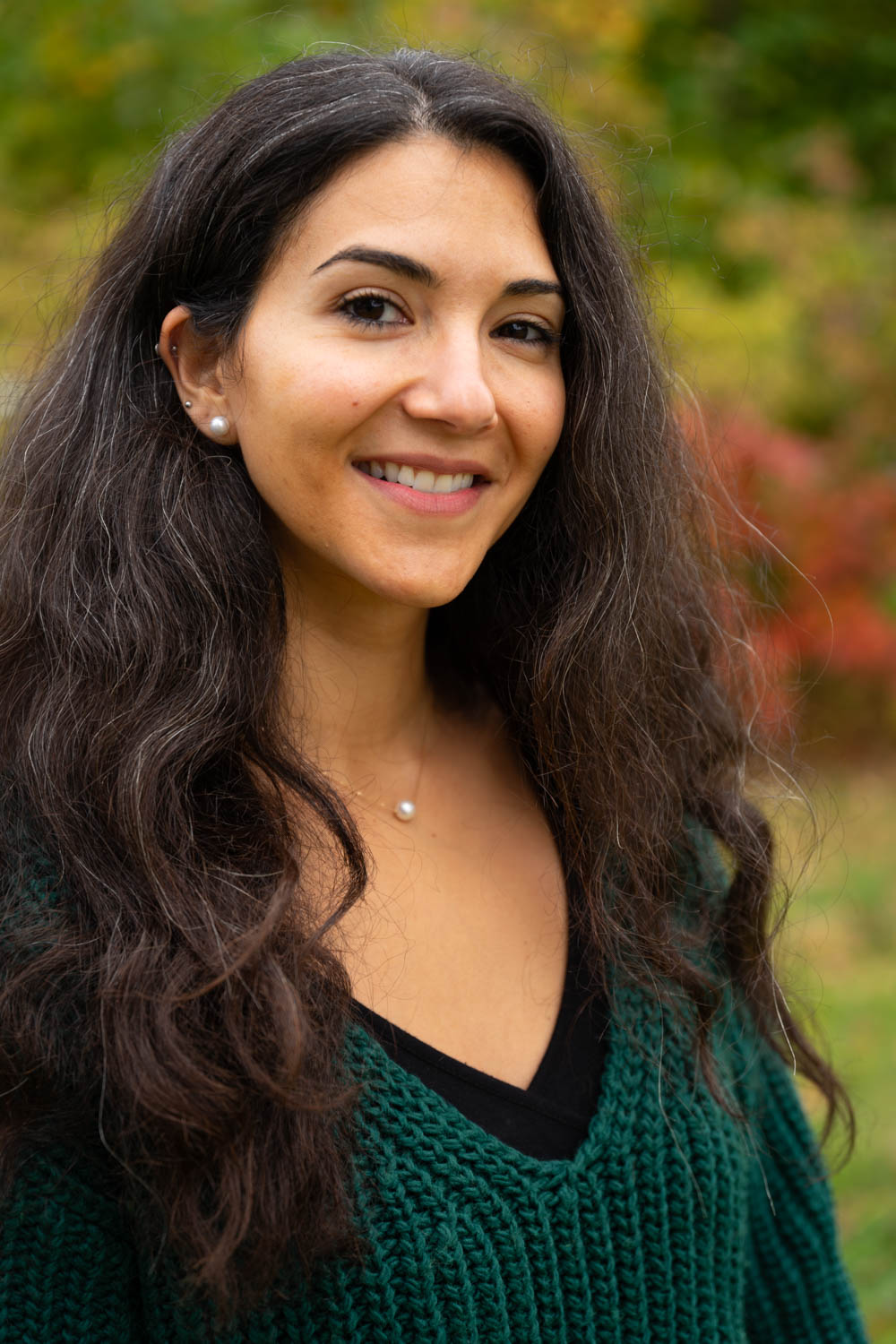
© Teejo Media
Research Assistant, Chair of Planetary & Public Health, University of Bayreuth
Mirna Al Masri has a background in Nutrition and Dietetics and a Master of Science in Global Food, Nutrition, and Health. She co-develops and coordinates the UBT Green Talks, an educational video series on Planetary Health, and contributes to research on sustainability, health equity, and transformative education. Her interdisciplinary focus bridges science, communication, and public health action.
Vision & Challenges in Planetary Health: My vision is to advance Planetary Health through inclusive, interdisciplinary education and research that empowers individuals and communities to engage in sustainable transformation. Through my PhD, I investigate disparities in the understanding of sustainable diets, aiming to ensure that Planetary Health knowledge and actions are equitable, culturally relevant, and accessible to all.
Contribution to the Planetary Health Summer School 2025: UBT Green Talks Input & Mindfulness Walk
Tuesday 23/09, 13:30-15:00 & Thursday 25/09, 17:00-18.00, respectively
- Klara OttoHide
-
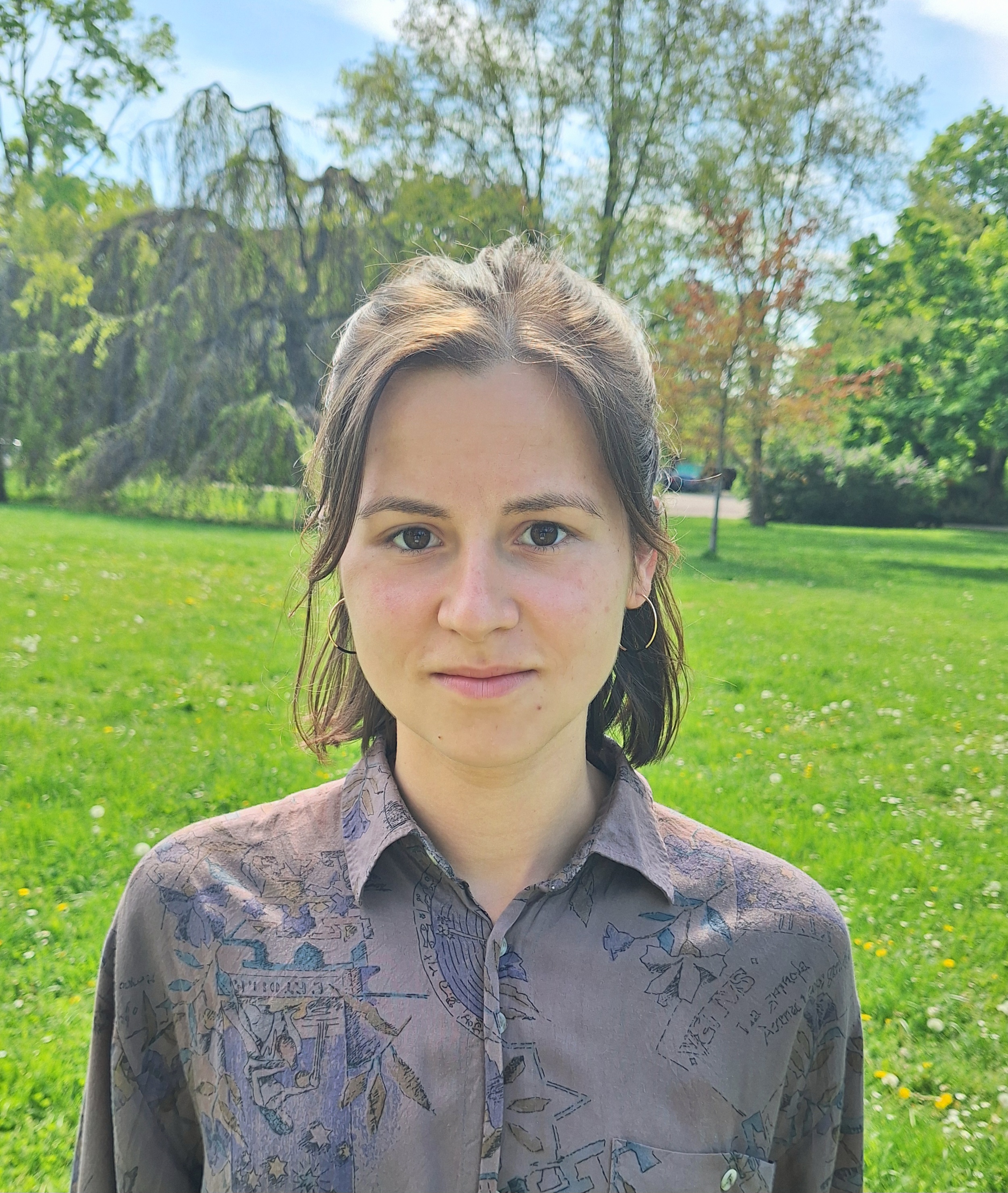
MSc Global Food, Nutrition and Health, Faculty of Life Sciences: Food, Nutrition and Health, University of Bayreuth
Working as a nursing student in a hospital led me to challenge the traditional health care system and become a nutritionist. Studying the M.Sc. Global Food, Nutrition and Health in Bayreuth, I had the possibility to intern at KLUG (German Alliance Climate Change and Health) and explore a global connection between inner beliefs and outer results.
Visions & Challenges in Planetary Health: I am passionate about helping to balance the distribution of opportunities and resources. Topics that thrive me are the connection of human health and planetary health, how to live well on a damaged planet as well as the role of women in science and environmental protection. I envision a future of connectedness, where humanity is empowered and brave enough to make uncomfortable but sustainable choices.
Contribution to the Planetary Health Summer School 2025: Keynote: Co-benefits of healthy and sustainable diets & food systems
Tuesday, 23/09: 09:00-10:30
- Prof. Dr. Wilm QuentinHide
-
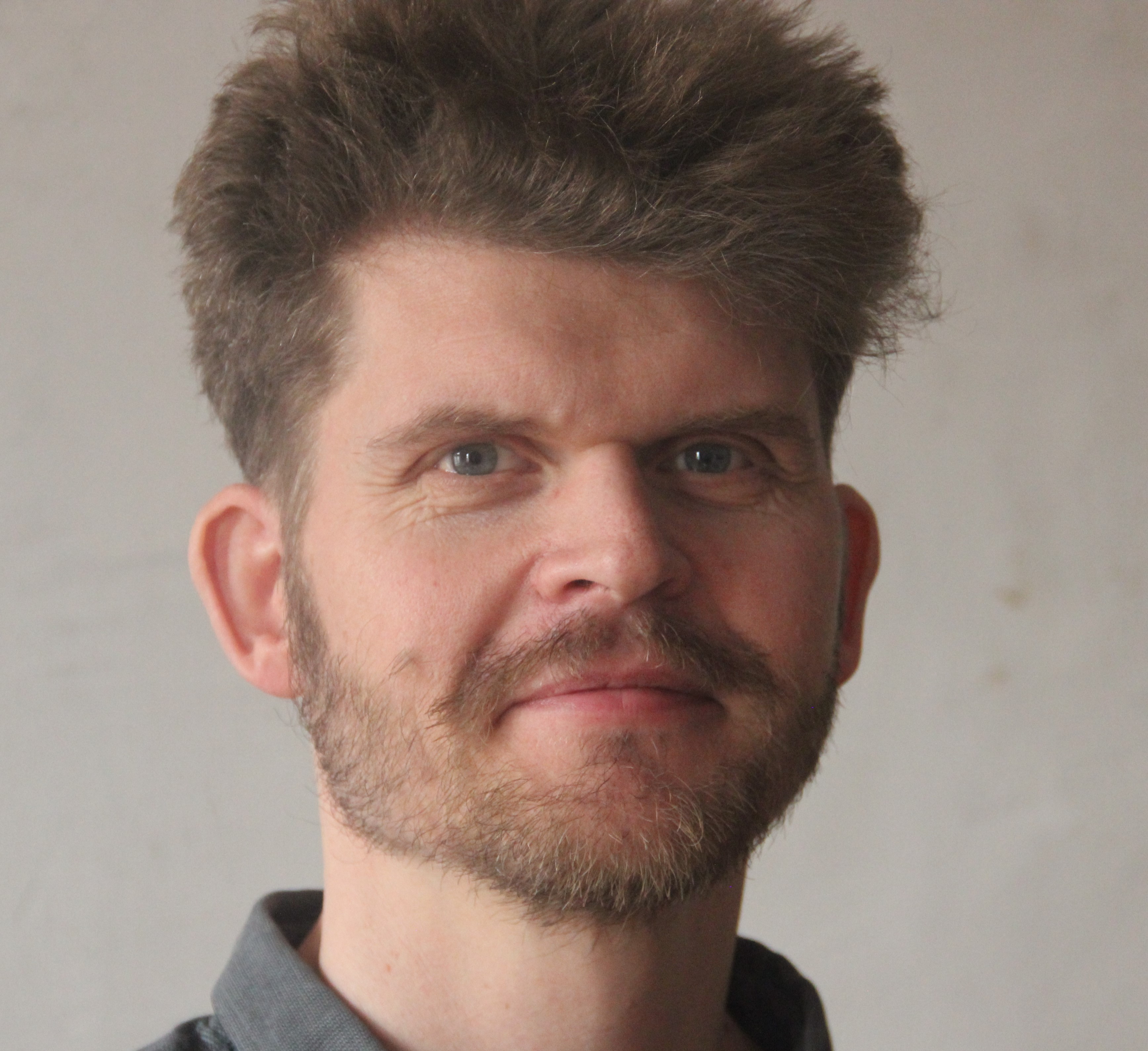
© Wilm Quentin
Professor of Planetary & Public Health, University of Bayreuth
Wilm Quentin is a Professor of Planetary and Public Health at the University of Bayreuth and leads the German-West African Centre for Global Health and Pandemic Prevention (G-WAC). He is the Editor-in-Chief of the journal "Health Policy" and advises international organizations (WHO EURO, WHO AFRO), national governments (e.g., Slovenia, Belgium), and other health sector stakeholders. After studying Medicine and Politics in Germany and Health Policy, Planning & Financing (HPPF) in London, he worked for almost 15 years in the Department of Health Care Management at the Technical University of Berlin.
Vision & Challenges in Planetary Health: My vision is that health systems worldwide evolve into systems for planetary health—systems that minimize their environmental impact while ensuring universal health coverage and health for all. These systems inspire people to protect Earth’s natural systems and empower people to improve their own health. Achieving this transformation requires a profound reimagination of every health system building block—from governance and financing to service delivery. Our research is dedicated to driving this transformative change.
Contribution to the Planetary Health Summer School 2025: Keynote: Health systems emissions
Wednesday 24/09, 10:45-12:00
- Dr. Claudia QuitmannHide
-
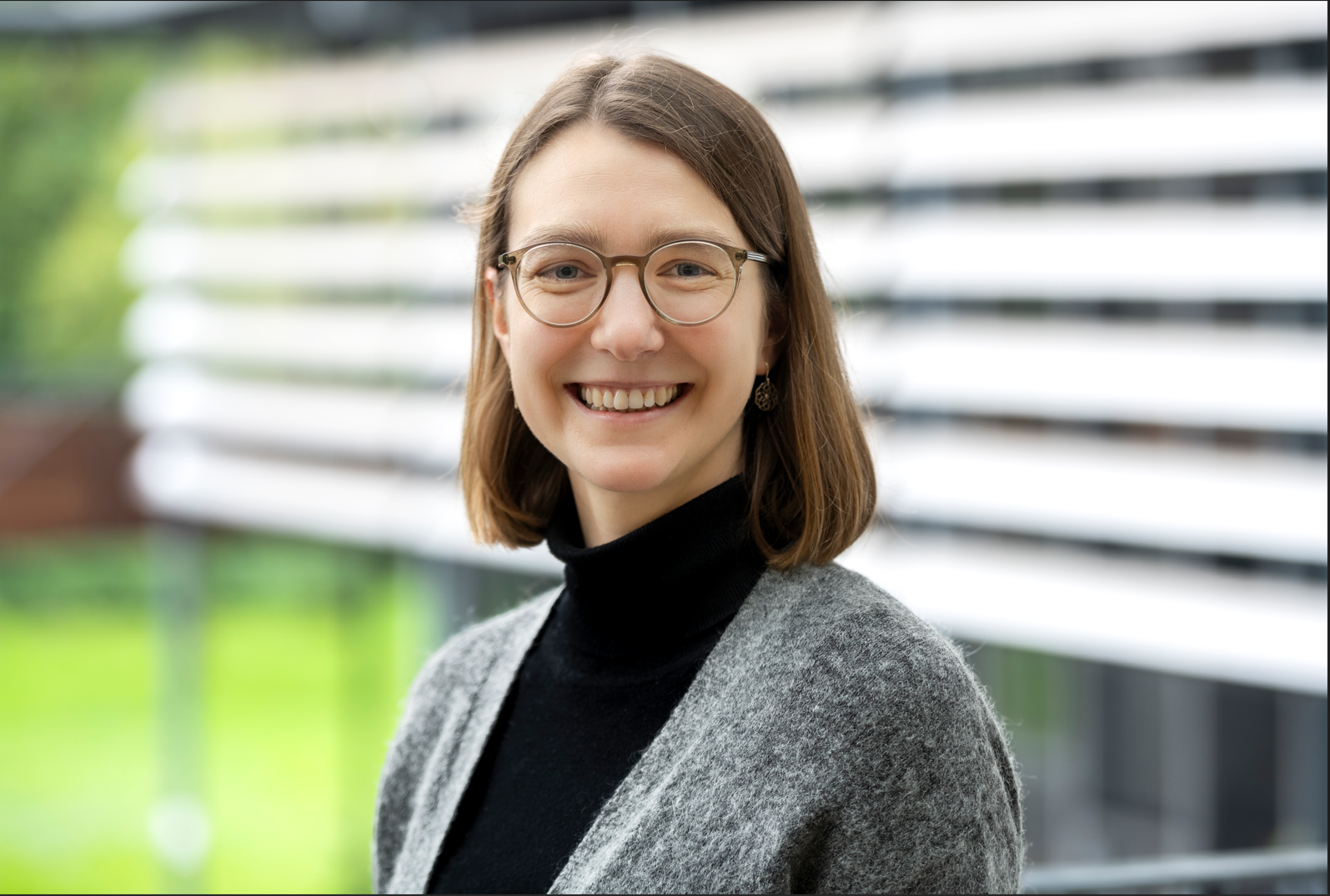
© Marsilius-Kolleg der Univesitaet Heidelberg, Fotograf: Tobias Schwerdt
Postdoctoral Researcher, Heidelberg Institute of Global Health (HIGH)
Claudia Quitmann is a physician by training and works as a postdoctoral researcher at the Heidelberg Institute of Global Health. Her research is focused on the development of low carbon and climate-resilient health systems.
Visions & Challenges in Planetary Health: Planetary health is currently competing with many other issues for attention and resources. However, because there is so much valuable potential in the field of planetary health, I am optimistic that we can forge strong alliances to move the issue forward.
Contribution to the Planetary Health Summer School 2025: Keynote: Climate-sensitive health counselling
Thursday 25/09, 10:45-12:00
- Lydia ReismannHide
-
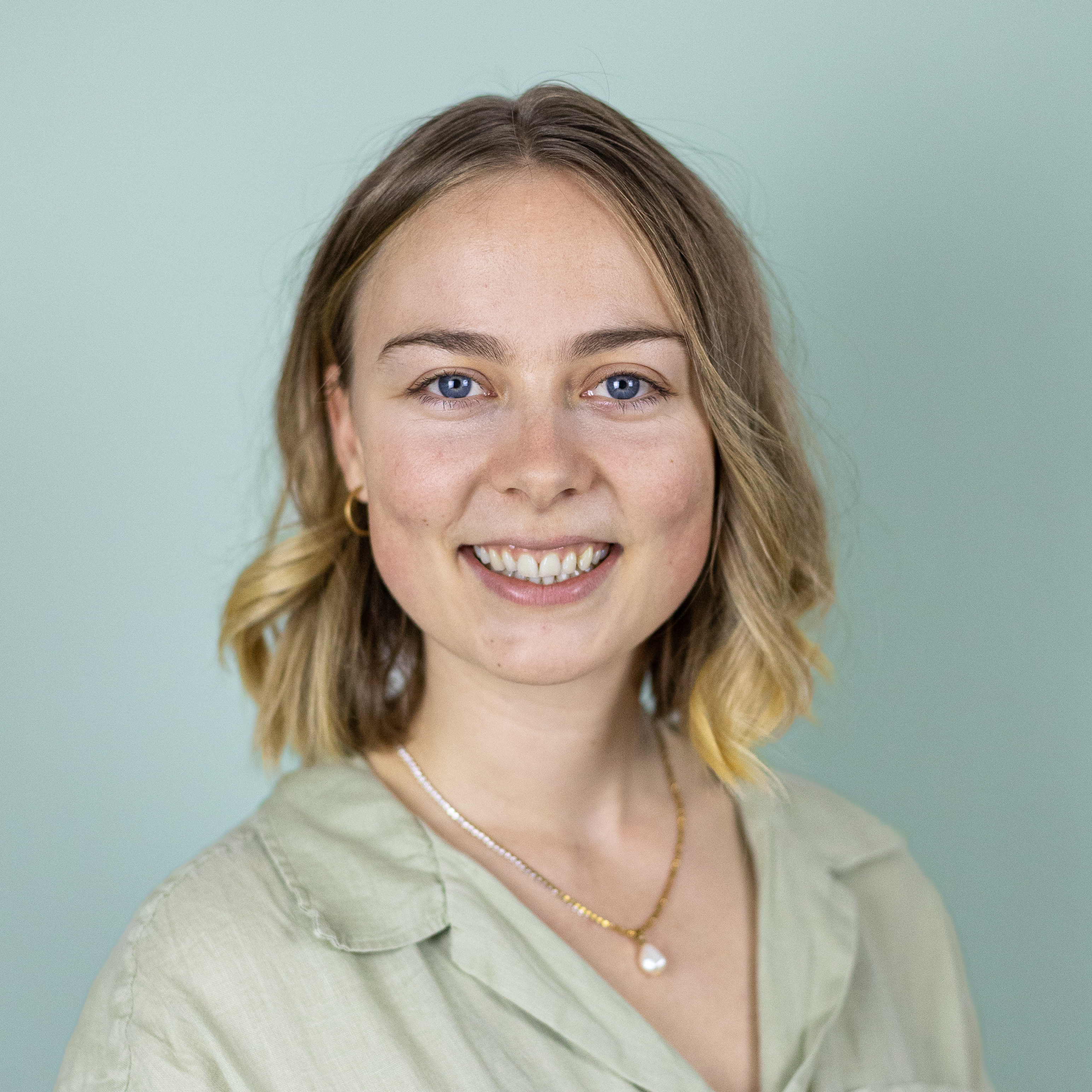
© Antonia Pröls
University of Bayreuth, Chair of Planetary & Public Health
After completing her medical studies, Lydia Reismann began working at the Chair for Planetary and Public Health as a research assistant. In addition to her medical degree, she holds a B.A. in Philosophy and Political Science.
Vision & Challenges in Planetary Health: Planetary Health Literacy and 21st Century Skills are key in the transformation of the society and the health sector. We need to understand better how to improve Planetary Health Literacy as well as measuring and evaluating its dimensions.
Contribution to the Planetary Health Summer School 2025: Methods for Pitching the Project
Wednesday 24/09, 13:00-14:30

